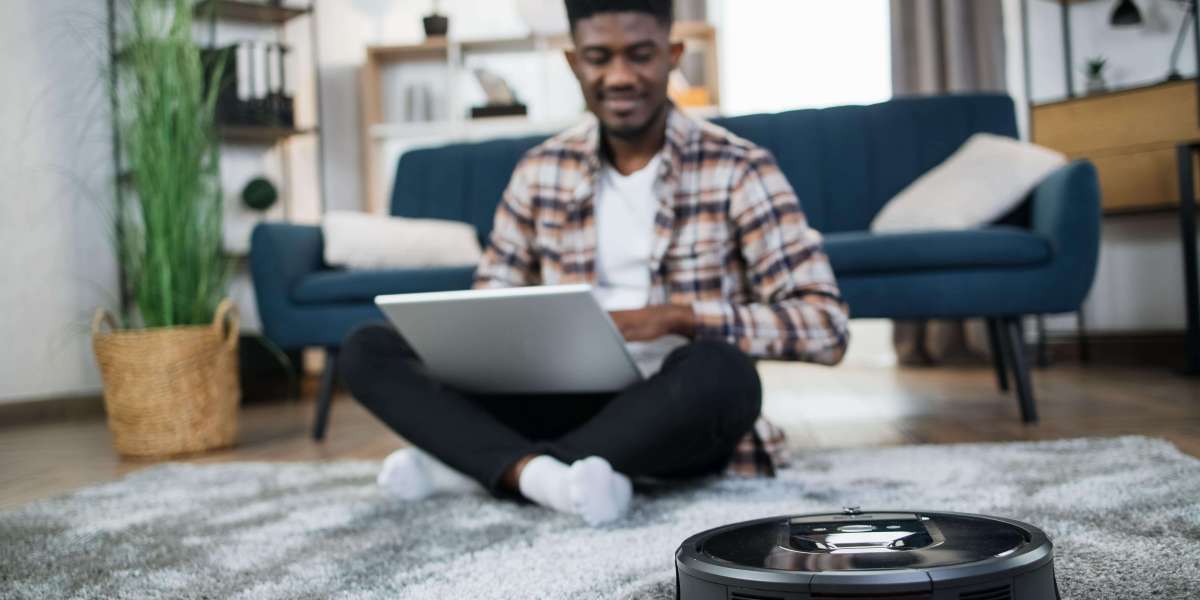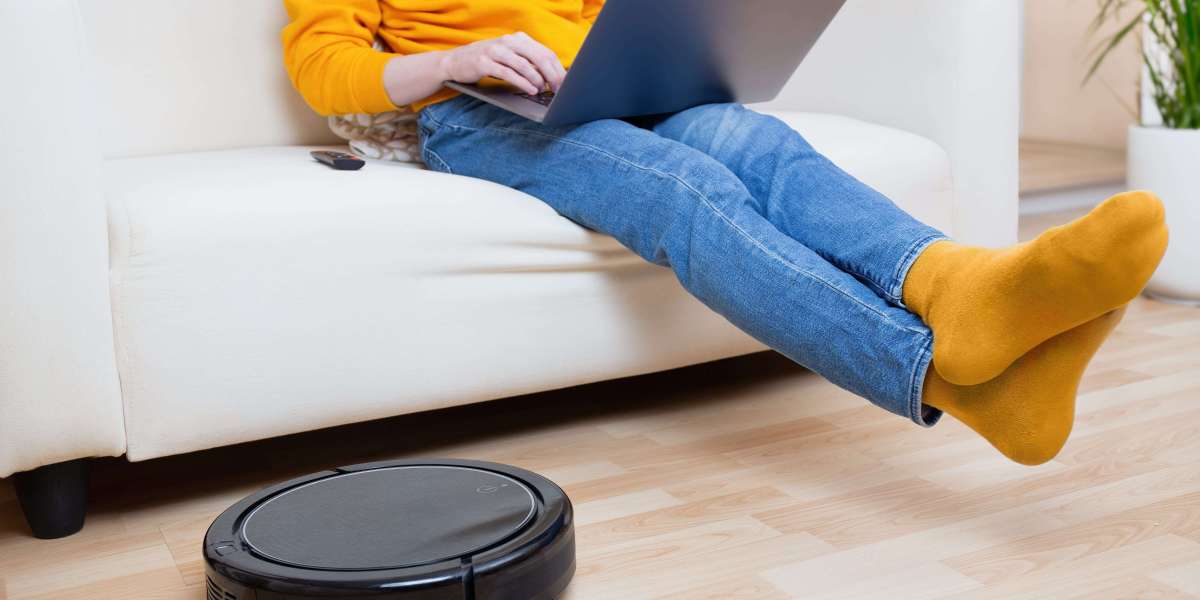 How Much Does it Cost to buy Macaw a Macaw?
How Much Does it Cost to buy Macaw a Macaw? The purchase of a macaw is expensive. If you adopt a macaw from a shelter or rescue, your initial cost will be less.
The purchase of a macaw is expensive. If you adopt a macaw from a shelter or rescue, your initial cost will be less.It is also important to consider the ongoing costs of food, toys, veterinary services, cages or Aviaries. In addition, macaws are flock species and require constant care.
You'll also need to find a veterinarian that is specialized in exotic animals and is located within a reasonable range. A vet emergency could be expensive.
Costs
Macaws require substantial financial commitments. They may live for 30 or more years, and ongoing expenses include food, toys, and vet visits. Understanding the full cost of a macaw can help prospective owners make an informed decision. It's also important to evaluate whether you have the expertise and experience required to care for macaws.
Macaw prices vary based on species, breeder and location. The price of younger birds is more expensive than those with a long history. Reputable breeders focus on macaw health and quality and typically offer an ongoing support for their macaws. They also provide guidance on bird behavior and socialization. In general, macaws that are born in the US are less expensive than those bred overseas.
The initial costs for setting up macaws are also substantial. They require large cages and these can cost up to $2,000. Other costs include liners, feeders, perches, flight harnesses, and toys. These toys should be constructed from durable materials that are safe for birds. You can reduce your costs by creating your own toys from recycled or reused items from in your home. You can create rope toys out of old T-shirts and fabric scraps. You can also make enrichment activities using simple wooden pieces. Macaws are chewers, so you'll need plenty toys that are durable and resistant to chewing.
The travel car is another one-time expense that you'll be required to pay if you wish to travel with your bird during holidays. Prices vary so it is recommended to look at online marketplaces and search for deals and discounts. There are also secondhand options. Some people find that it's cheaper to purchase a used carrier than to purchase one new.
Macaws can live for a long time, so you will need to plan what you will do if you can not take care of them. Responsible pet owners save funds or buy a life insurance policy naming their macaw as beneficiary to cover the cost. Macaws are available for adoption at numerous animal shelters and rescues. They were previously owned but cannot be taken care of by their previous owners due to illness, divorce, or other reasons.
Socialization
Macaws are social birds that are accustomed to living in groups. They also love to interact and play with people. If a macaw is not well-socialized may develop fears and display negative behavior, like feather-picking or aggression. Socialization can be started early and then the bird is gradually introduced to other animals and people. This can be done through food, treats, toys and the play gym. A daily routine of stepping out of the cage and play with your macaw could help to build confidence.
You should consider the time commitment needed to take care of macaws. To be content the large birds require daily attention, interaction, and stimulation for their minds. They require exposure to a wide range of experiences including visits to the vets of avian species, other pets family members, visitors, and even car rides, to overcome their fear of flying and discover that these activities are fun and safe.
A healthy, well-bred macaw can cost thousands of dollars. This is an investment in your relationship with the bird, so be sure to look into adoption and breeders to find one with a reputation for breeding top quality birds. Check reviews and testimonials, and if possible visit the breeder or adoption center in person.
A macaw bought from a reputable breeder is guaranteed to be healthy and well-socialized. It will also come with an assurance that the bird has been vaccinated and free of genetic diseases. A reputable breeder will also be capable of providing details on the background of the bird and health, as well as its personality.
Macaws are able to be taught many tricks. This will keep them mentally fit and active, and reduce destructive and boredom. You can train them to follow simple instructions and to imitate words and phrases.
Training
Macaws require a lot of mental stimulation. They are able to form an unrivalled relationship with their owners and enjoy a long lifespan. It is important to start training them as early as possible in order to maximize their potential. A macaw that is trained well is more likely to respond to commands and learn new behaviors quickly. Positive reinforcement is the most effective way to train your macaw. This means rewarding your macaw with treats and praise whenever it displays the behavior you want. It is crucial to provide your macaw with a range of enrichment and toys. These could be as basic as wood pieces for the bird to chew on a regular basis, or as complex as an indoor play area designed to challenge the bird's natural instincts.
The cost of owning a macaw is typically higher than other types of pets due to the fact that they need more food and other supplies than other species. These costs include the initial cost of the macaw, as well as the large cage. They also include ongoing costs such as food, toys, and veterinary care. It is also important to consider the long-term cost of owning a macaw.
Some breeders may charge higher for their macaws than others, but this is usually because they have a reputation for selling top-quality birds. Breeders who follow strict protocols to ensure the quality and health of their birds are more likely to charge higher prices. Other factors that can influence the price of a macaw are its size and age, its location and the legal restrictions that apply to the trade of its species.
If you're unable to afford the cost of owning a macaw it is best to wait until you have more money or locate a rescue bird that needs a home. If you cannot pay for the costs of having a Macaw in your home, you should wait until you are able to or adopt an animal from a rescue group.
You can also learn how to care for yourself.
Macaws require a lot of brain stimulation. They are intelligent birds. If they are not entertained, they may use destructive or loud behavior. They can also start picking at their feathers, which is an indication of boredom and stress. This can be avoided by giving your bird various games and toys to keep your bird entertained.
Besides food, you'll need to purchase toys and cleaning equipment for your macaw. You can save on these monthly costs by purchasing bulk items when possible. You can save money by purchasing large quantities of cleaning products and liners. Avoid items that are toxic to birds such as nonstick cookware, household cleaners with strong odors, as well as air fresheners that contain scents.
You'll need to pay for vet visits and avian insurance in addition to your everyday expenses. A reputable vet is able to detect and treat any illness that your macaw might have and provide guidance on how to look after them. Avian-specific insurance is a crucial investment because it can cover expensive vet bills for issues such as avian flu and psittacosis.
As you prepare to buy a macaw, remember that this is a lifetime commitment. You need to be prepared to care for them for a period of 15 years. Consider purchasing pet insurance and saving money for unexpected medical expenses. Making a backup plan in the event of a mishap will reduce your stress about having this exotic pet. If you're still unsure about assuming this responsibility, there are plenty of rescues and sanctuaries for macaws in the United States that are able to match them with homes that are suitable for them. These institutions are dedicated to the avian species, and their staff is on hand to educate people about the difficulties of caring for these birds. In addition, they can assist you in determining whether this kind of pet is a suitable choice to your lifestyle before you make any final decisions.





